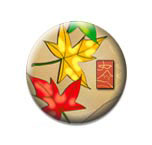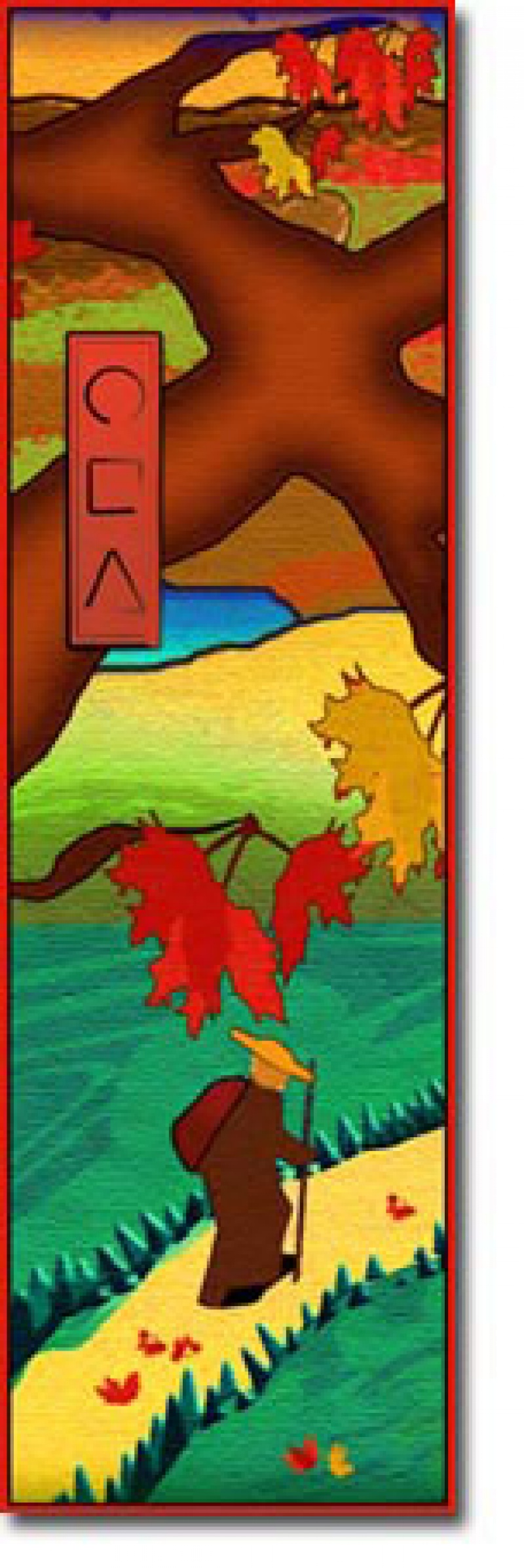On The Way: The Daily Zen Journal
Pure Land Teachings of Chu-hung
Chu-hung (1535-1615)
Break Through Delusion
This is the way people are in the world. When they encounter pleasing situations, they feel happy and content. When they encounter situations that go against them, they feel worried and endangered.
Nevertheless, pleasing things should not be considered lucky, and adversity should not be considered unlucky. If you are sunk in things that your conceptual mind considers convenient, the intention of transcending the world will never arise. If you are sad and do not get what you aim for, then you will grow weary of the fetters of the world of physical existence, and therefore seek to transcend the world.
Thus, when myriad sufferings extend before you, just contemplate them with correct wisdom.
Ask yourself: Where does the suffering come from? It is born from physical existence. Where does physical existence come from? From karma. Where does karma come from? It is born from delusion. On the basis of delusion, you create karma. On the basis of karma, physical existence forms. On the basis of physical existence, you incur suffering. Just manage to break through delusion, and all of this is empty and still.
You may venture to ask, “What is the method for breaking through delusion?”
Just go to the fundamental meditation point and understand: Who is reciting the buddha-name? Who is mindful of the buddha?
Take hold of your doubts over this, take hold and defeat them: then all delusion will be smashed. Think this over! Don’t neglect it!
Pure Land and Zen Methods
There are many ways to enter the Path, but for directness and simplicity, none matches reciting the buddha-name.
The method of buddha-remembrance through reciting the buddha-name brings salvation to those of the most excellent capacities, and reaches down to the most stupid and dull. In sum, it is the Path that reaches from high to low.  Do not be shaken or confused by vulgar views that Pure Land is only for those of lesser abilities.
Do not be shaken or confused by vulgar views that Pure Land is only for those of lesser abilities.
Since ancient times, the venerable adepts of the Zen school have taught people to contemplate meditation topics (koans), to arouse the feeling of doubt, and thus to proceed to great awakening. Some contemplate the word “No.” Some contemplate “The myriad things return to the one: what does the one return to?” The meditation topics are quite diverse, and there are quite enough of them.
Now I will try to compare Zen and Pure Land methods.
Take for example the koan “The myriad things return to one: what does the one return to?” This is very similar to the koan “ Who is the one reciting the buddha-name?” If you can break through at this “Who?” then you will not have to ask anyone else what the one returns to: you will spontaneously comprehend.
This was precisely what the ancients meant when they said that those who recite the buddha-name and wish to study Zen should not concentrate on any other meditation topic but this.
Recite the buddha-name several times, turn the light around and observe yourself: who is the one reciting the buddha-name? If you employ your mind like this without forgetting, without any other help, after a long time you are sure to have insight.
If you cannot do this, it is also alright simply to recite the buddha-name. Keep your mindfulness from leaving buddha, and buddha from leaving your mindfulness. When your mindfulness of buddha peaks, your mind empties: you will get a response and link up with the Path, and buddha will appear before you. According to the inner pattern, it must be so.
Chu-hung (1535-1615)
Excerpted from Pure Land Pure Mind translated by J.C. Cleary




Many masters from the time of 10th century China practiced a synthesis of Zen and Pure Land teachings. For many Western Buddhist practitioners, Pure Land practice is much less known. In the above selection one can see the similarity of koan practice and the question asked with buddha-name recitation, “Who is the one reciting the buddha-name?” The one mindful of buddha is buddha within us.
Buddha has given us many teachings in response to the varied temperaments of people to allow a way into realization.
“Pure Land people focus on buddha in the form of Amitabha, the buddha of infinite life and infinite light. Reciting the buddha-name functions as a powerful antidote to those great enemies of clear awareness that Buddhists have traditionally labeled “oblivion” and “scattering.”
The simplicity of Pure Land practice is not as simple as first appears and deserves closer attention. One very attractive aspect of Pure Land practice is its democratic approach. There is no dependence on teachers, gurus, roshis or other mediating authority figures. Its teachings are based on compassion, and the actual method of practice is easy to begin.
Yours along the Way,
Elana, Scribe for Daily Zen